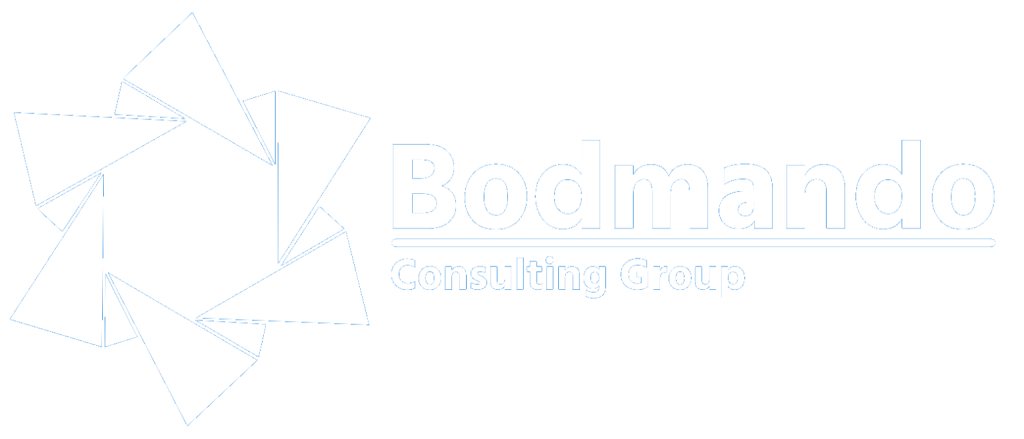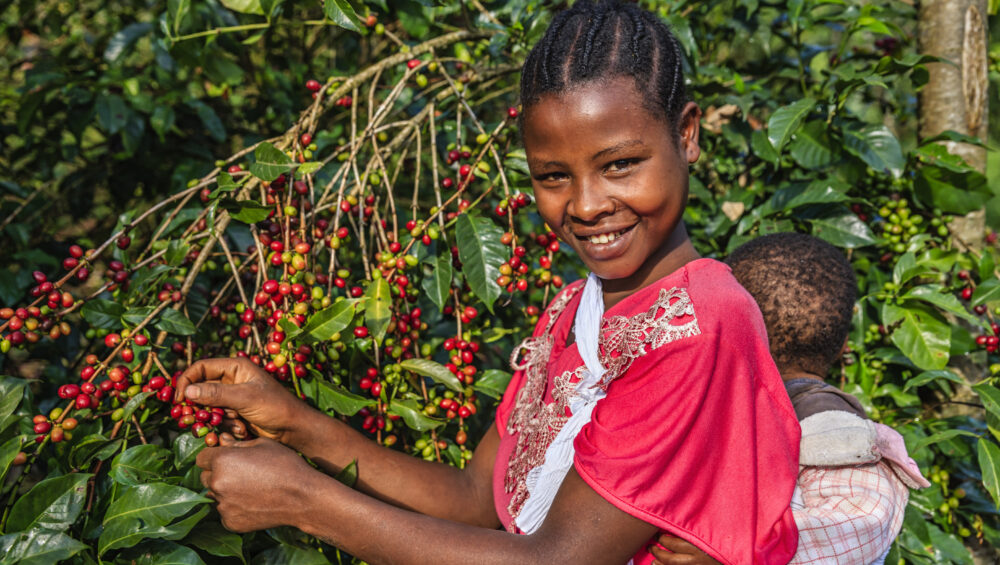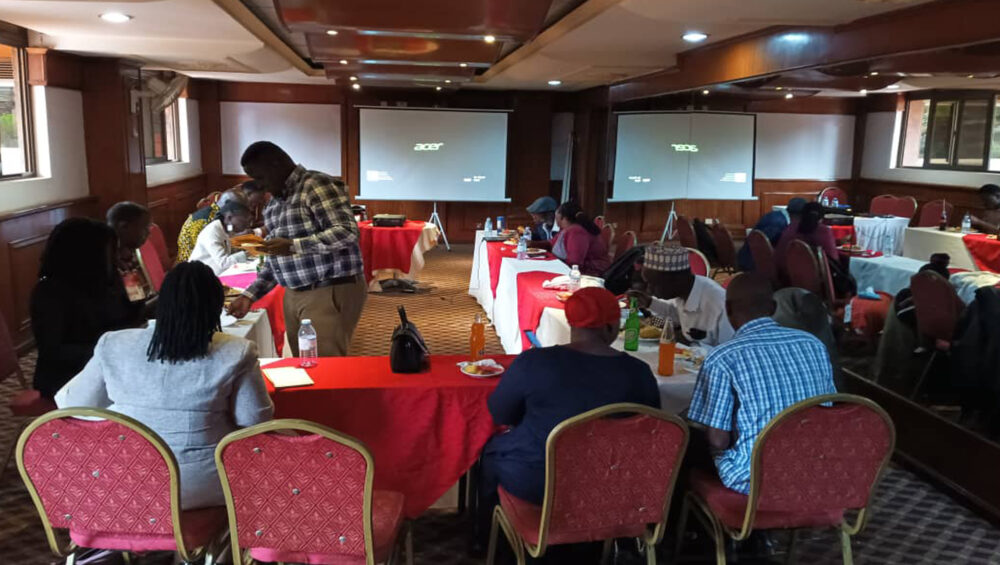The Women Empowerment Agenda
The Women Empowerment Agenda Women Empowerment The Women Empwerment Agenda Women’s empowerment is a relevant subject in today’s era. As a highly potent force striving for parity in opportunities and representation across all aspects of life, it acknowledges women’s intrinsic value and aims to remove obstacles that impede their advancement. This blog article explores the significance of women’s empowerment, its societal impact, and ongoing efforts to ensure a more equitable future for women. By definition, women’s empowerment is the process by which women are able to influence systems and pursue personal, social and economic opportunities on the same scale as men. Women’s empowerment is noted to be a critical component of sustainable development leading to a more prosperous and inclusive world. Empowered women are catalysts for economic growth, foster healthier communities, and drive global change and innovation. It is projected that the economic impact of gender wage gaps results in a reduction of approximately 15% in GDP. Women are known to support familial welfare when provided with economic opportunities which is key to thriving families and communities. According to UN Women’s estimation in a Wealth Matters article, companies with three or more women in senior management positions exhibit higher performance across all organizational dimensions. This means that providing leadership opportunities to women is a leverage in promoting organizational growth and stability. The global gender gap may not close any time soon. António Guterres the UN secretary general cautioned that gender equality is growing more distant and called for collective action to bridge the divide. He warned that gender equality is still 300 years away. According to research, closing Africa’s existing gender gap could boost GDP per capita by 10-26 percent and create approximately 184 million more jobs by 2025. And a more balanced workforce in Africa has the potential to add $7 trillion to the continent’s economy over a decade. Great strides have been made in the fight for women’s equality but there is still more to do, especially in developing parts of the world where women are still significantly less educated or employed. However there are great opportunities to empower women and increase development.









